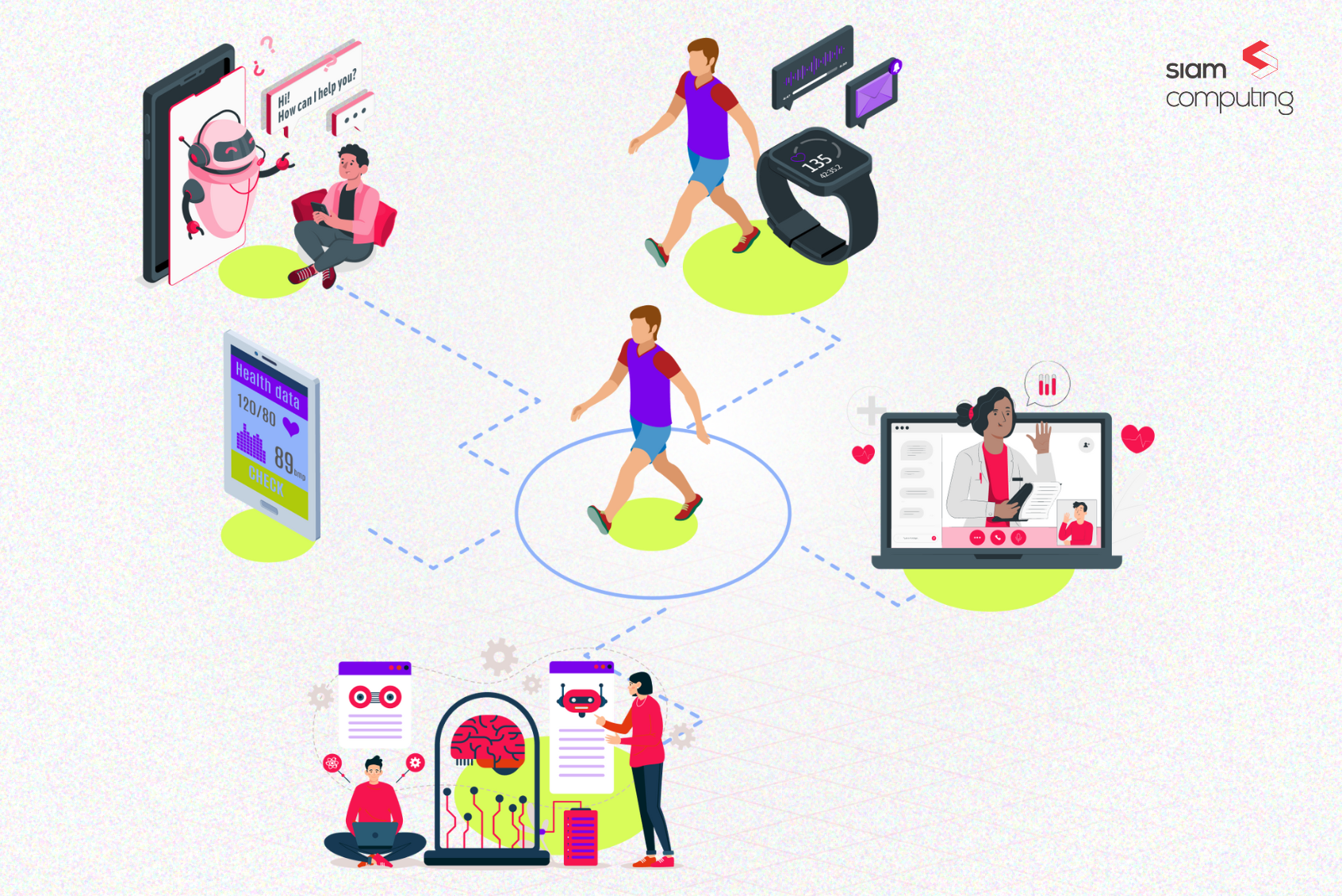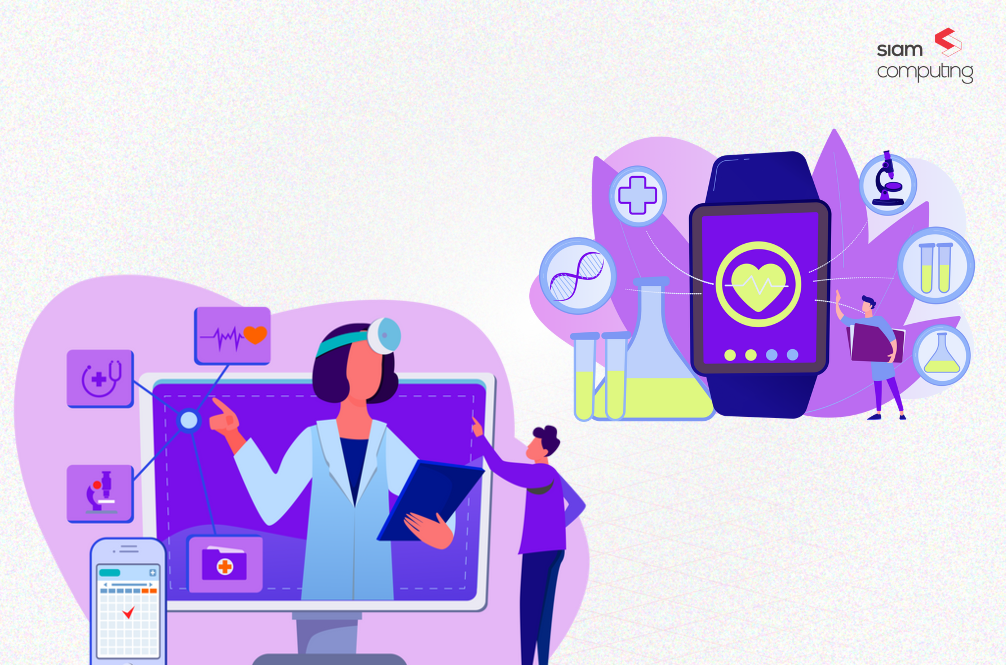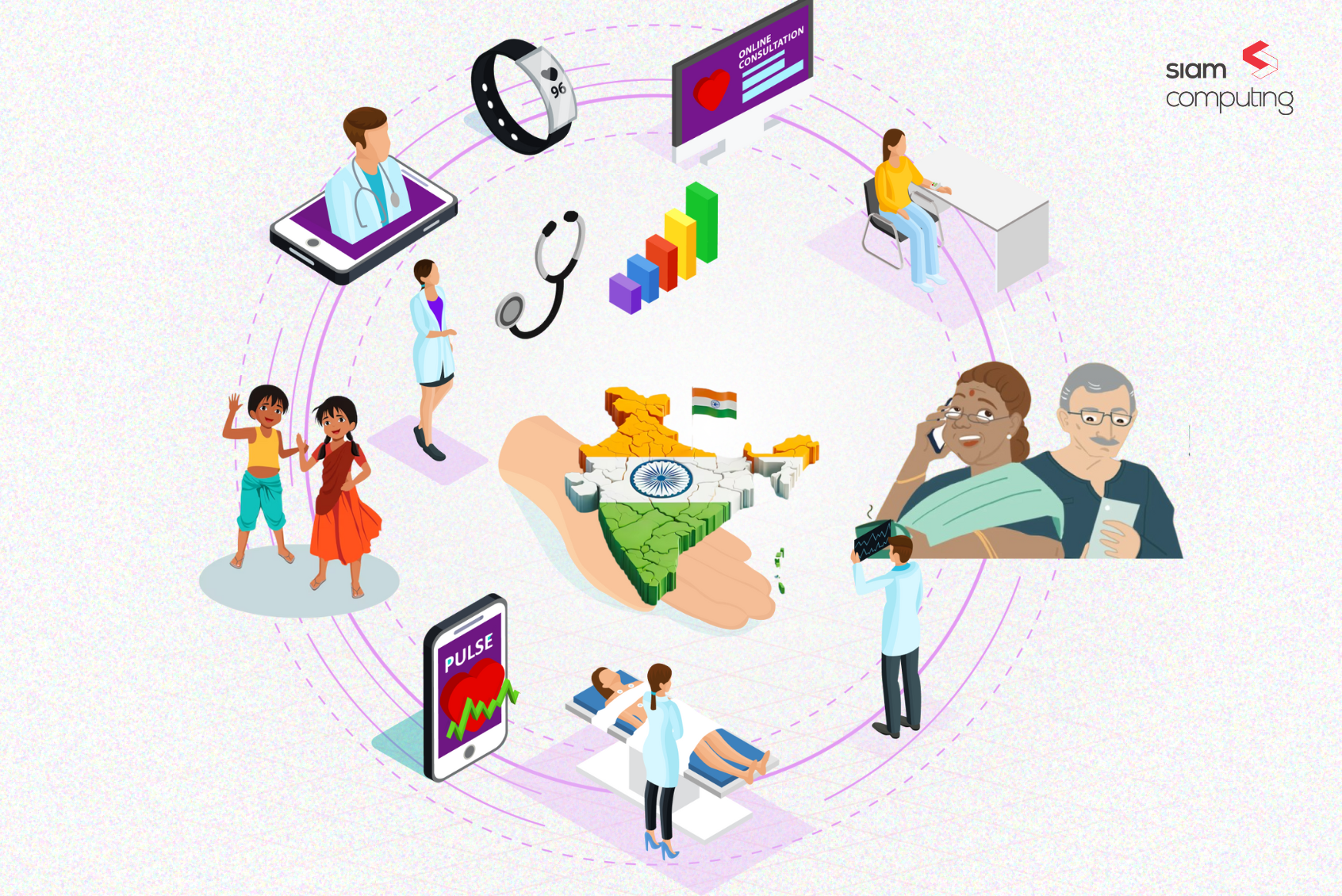Choosing the right platform for your mobile app development is tricky. The success of your app not only lies in proper ideation, goal setting, and designing but also in choosing the right tools, platforms, frameworks, and libraries.
This article is all about choosing the right technology for your mobile app development. The app platforms are largely chosen based on two broad classifications: Native app platforms and cross-platform solutions.
What are the native app platforms?
A native application refers to mobile apps, software, and products that are built on specific programming languages and platforms. Native apps are built in a device-specific way, with appropriate hardware and software specifications. Compared to the generic apps that are designed commonly to fit multiple systems, native apps leverage technology in a better way to provide an enhanced user experience. The app performance is optimized in a more efficient way when compared to web apps or cloud-based apps.
Famous examples of native apps are the calendar or email applications that are preinstalled on mobile devices.
What is a cross-platform solution?
Apps that are compatible with multiple platforms and devices are called cross-platform apps. They are developed on programming languages that are common to meet multiple hardware (mobile device) and software (mobile operating system) specifications.
There are two possibilities where cross-platform apps are developed and used:
- The original app that is built on a particular native platform is deployed to meet another native platform’s specifications. (iOS, Android, Windows Mobile, Blackberry or RIM, etc.)
- The other case is where the app is originally developed in a singular environment that is common and suitable to be used on multiple native platforms in the future.
Be it native platforms or cross-platform solutions, there are several factors to consider before finalizing the right platform for app development.
8 Important Factors for Selecting the Right Mobile App Platform
- Features of the platform
- Choosing the right mobile operating system
- Cross-platform development
- App type: Native, hybrid, or web
- Load time and speed considerations
- Smoothness and efficiency
- Net cost of the project
- Updates and maintenance
Let’s articulate into the details, one by one.
#1 Features of the platform
The major features to look out are as follows:
- Scalability – The platform that you choose should let you scale your app to meet the futuristic requirements and dynamic business needs.
- Integration – You should check if the platform is easy to integrate with third-party applications and legacy tools.
- Choose a platform that lets you deploy on the app stores easily.
- The platform should also support backend and middleware services.
- Features like push notifications, access control, and user authentication are mandatory ones.
- Other must-have features are access authorization, synchronization features, and data storage.
#2 Choosing the right mobile operating system
You need to select the mobile operating system that fits your business needs:
- Most of the enterprises choose Apple iOS to a large extent.
- BlackBerry, Windows Devices are also chosen by enterprises to a considerable extent.
- Google Android is the majority’s favorite. Most of the small and medium-sized businesses prefer Google Android.
- But it is always recommended to choose a platform that supports both iOS and Google Android.
- Your platform should let you deploy your app in the right app stores supporting their guidelines, terms, and conditions.
#3 Cross-platform development
Cross-platform development is one of the most recent practices trending in the mobile app sphere. If you choose a cross-platform tool, it is really well and good because it makes your coding process simple and time-saving.
- Develop hybrid or native apps that can run on multiple mobile operating systems.
- Prefer a cross-platform tool that lets you create apps with a single code base that is suitable for all operating systems.
- The cross-platform tool automatically converts your code to fit the specifications and guidelines of the target mobile operating system.
- With such portability features, you don’t have to compromise on efficiency when shifting to multiple target devices.
- You are also empowered to unleash the potential of native features to its fullest.
#4 App type: Native, hybrid, or web?
One of the tricky decisions to make before choosing the right app development platform is to zero in the app type. As you all know, there are three broad app varieties: native, hybrid, and web.
- The best part about choosing native options is that you can take advantage of features like the camera, location, etc. that are native to mobile devices.
- Web applications are conventional ones that are developed on technologies like CSS3 and HTML5.
- Hybrid apps are outcomes of a combined approach of both the options above.
- The mobile application development platform that you select should be in accordance with your app type.
#5 Load time and speed considerations
When you select the right platform and framework for your app, speed comes as one of the topmost concerns. Apps that are built on Java and Swift have got all the native features that swiftly load the interfaces in the blink of the eye. It is also dependant upon the industry you belong to. For example, if you are building a gaming app, speed is not an option. If your preference isn’t sped, but high-resolution images and interfaces (that actually take up load time and consumes bytes), it is okay to choose platforms without native-like features.
However, ensure that you choose a platform that meets your speed considerations. Because laggy apps don’t survive the test of the time.
#6 Smoothness and efficiency
The ultimate motive of the entire app development process must be to provide an easy and smooth user experience to the customers. It doesn’t mean the developer’s task should necessarily become tough. Because it will become difficult to scale the app or customize a feature in the future. So, the platform you choose needs to be readily customizable to meet dynamic business needs.
- Thus, choose a platform that eases the job of a customer as well as the developer.
- Your platform must reduce development time.
- The platform should not cause any bad impact on the coding standards or negative impact on the app.
#7 Net cost of the project
Cost plays an important role in deciding the app development platform you choose.
- This directly depends on the kind of the app development team you build and their expertise. If you choose a third-party vendor to outsource your app development, you need to check with them if the net cost includes the cost for framework and platforms too.
- The licenses, hardware, and software tools, platforms, frameworks, and all other resources play an influential role in increasing/decreasing the net cost of the project. Choose affordable and cost-worthy platforms that are on par with the industry standards.
#8 Updates and maintenance
You need to double-check if the platform you choose is future-ready and compatible with the ever-changing app trends and practices.
- Choose a platform that lets you release your app updates as and when required in a hassle-free manner without any technical complication.
- The platform that you choose should be AppStore-friendly so that future maintenance and periodic updates are easy-to-track.
- Secured maintenance has become one of the topmost concerns in recent times. Choose a reliable and trusted app development platform that keeps your data and sensitive information safe and secure without any threat to data breach.
When should you consider native platforms for your mobile app development?
You can prefer native platforms on the following criteria:
- When you need to develop an app customized to serve a particular purpose or solution
- When the user journey is complex, multidirectional, and challenging
- When the user experience is the prime goal
- When you want your app to sound trendy and rich
- When you don’t have enough bandwidth to invest in testing your app on multiple devices
When to consider a cross-platform solution?
Here is when you need to prefer cross-platform app solutions:
- When you are looking for a cost-effective solution
- When the scope of the project is such that it has to involve multiple platforms
- When you are pitching a business proposal with a basic version of the app
- When the UI of the app doesn’t have to be rich and extravagant
- When the user journey is very simple, straightforward and linear
- When you have enough bandwidth to do appropriate app testing on multiple app devices
Wrapping up:
Like we discussed in the earlier articles, there is no ‘one-fits-all’ solution. Especially, when it comes to choosing the appropriate frameworks, tools, and platforms for your apps, you need to consider all the above factors and choose the one that best fits your project needs.
If you are looking for a free consultation on choosing the best technology for your app, get in touch with us. We are happy to help you. Siam Computing comes with a rich experience in developing best-in-class mobile apps using state-of-the-art technologies and platforms. Siam Computing houses hundreds of specialized app developers and certified professionals who leave no stone unturned to deliver amazing app experiences to your customers. You can also find more information about the mobile app checklist here.
| Mobile apps are integral to the success of a business. With technology and innovation, Siam Computing helps you deliver the best mobile app experiences to your customers. Subscribe to our newsletter and stay updated. |








